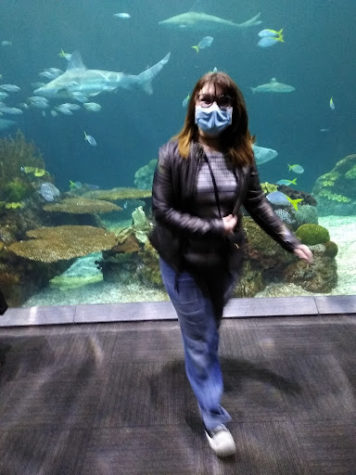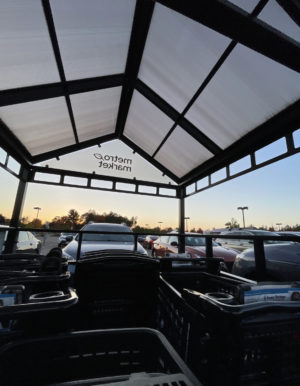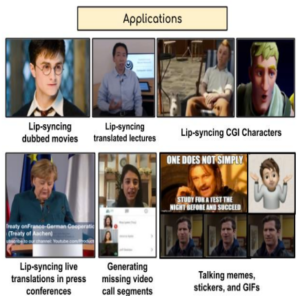The Price Paid by Healthcare Workers and Their Families
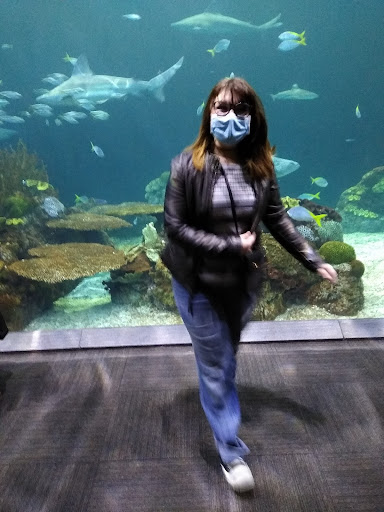
Danika Boquist wears a mask when she goes in public to reduce her chances of getting COVID
January 20, 2022
Healthcare workers are constantly pushed to their mental and physical limits amidst this global crisis. They are forced to work unreasonably long hours and witness the horrors that this pandemic has unleashed on its victims. Death is not an uncommon sight for them, especially with a virus sweeping across the country that has already taken hundreds of thousands of lives. Not only is this time stressful for healthcare workers, but also for their families. Fear of their loved one contracting COVID 19 is a constant and tangible worry. This problem, the stress that is currently being put on hospitals and workers, is not only nationwide, but also taking place right here in Portage County and Stevens Point. There are steps that can be taken to reduce this stress that everyone should be held responsible for, one of which being to effectively take advantage of the vaccine to reduce hospitalizations.
What do healthcare workers experience on the job?
Working in healthcare can mean working long hours and having uncertainty about patients who may or may not have contracted COVID-19. Sienna Guptill, a Senior at SPASH, has a mother who works as a physical therapist. She is in contact with hospital patients constantly for therapy after surgeries: “She doesn’t know when someone comes in if they are vaccinated or not and she always has to wear a mask, but her patients don’t always come in wearing them…[there is] the constant fear of one of us getting sick,” says Guptill. This fear of a family member getting COVID can be a very scary experience for people. It can mean that a parent is out of work and unable to receive a paycheck until a negative test comes back, money that many families rely on. The more serious worry though is the possibility of death to them or anyone in the family.
“My dad is a private nurse, so he’s a registered nurse but he takes care of a specific person at specific times. He will take care of a patient until they either don’t need him, fire him, or die,” says Jadyn Green, another student attending SPASH. Green explains how her Dad previously treated a young boy who was sadly taken by the virus: “The last patient died actually during this COVID period from the virus. He usually treats younger patients who have serious needs, like those who need breathing and feeding tubes, or people who can’t walk or talk.”
Jadyn’s Dad had difficulty finding another client after the death due to fears that arose with COVID. “He was really struggling to find another patient because everyone was afraid to bring someone into their lives when they were at high risk. It was difficult for him to find a new job,” says Green. The uncertainty of employment can be a looming dilemma for these families. When will you get your next job as a healthcare worker? Can you make it without a paycheck, and for how long? Were you exposed? Is your family at risk? These are constant fears that add a lot of stress to the lives of workers who are dealing with this pandemic and are exposed to it’s horrors and outcomes firsthand, but these stresses also affect the family of a healthcare worker.
What happens at home in healthcare families?
For Jadyn Green, whose dad is the main caretaker of her younger siblings, things got a lot more hectic after her dad was exposed to COVID: “He couldn’t be around me or my siblings, and I have three other siblings, so it was a hassle… I had to take care of the kids anytime my stepmom wasn’t around and I had to entertain them which was the worst part. He had to just quarantine in the basement.” With the responsibility of taking care of her siblings, Green was often unable to find the energy to do her homework: “I didn’t have as much time to do homework and I just got tired and went to bed.”
Green was also worried about her little sister, she says, “It was [scary] because I have a three year old sister who is not able to get a vaccine, and it could have gotten to us and she could have died, but thankfully it stayed in the basement where he lived.”
“I was in close contact like a month ago,” says Guptill, who was set back in school because of the incident. “I got really upset because when I miss school I get really behind. And that’s just because I got in close contact. We all have to be careful.” The children of healthcare workers are greatly affected by their parent’s careers, they also worry for the health of their parents and the kind of impact that COVID could have on the family. Guptill explains, “It’s really scary when one of us gets sick because like I’m at school and work and around a lot of other people too. If one of us coughs my mom will wonder if we’re sick. She can’t get sick with her job.” Sadly that’s the case for many families. They can’t afford to miss work, and being in healthcare puts them at a higher risk.
What can the public do to help?
The best way to reduce the stress put on medical systems and workers during the pandemic is to get a vaccine. Cosmos, a HIPAA dataset looking at more than 120 million patients, found that 85 percent of COVID-19 hospitalizations from June to September of 2021 were those who were unvaccinated or partially vaccinated. By getting a vaccine, a person can greatly reduce their chance of being hospitalized and in the big picture, reduce the load put on hospitals that are over capacity. This would help healthcare workers by lessening their work and the amount od COVID patients that they are in contact with.
Some may argue that the vaccine is not effective, or that things are returning back to normal. Going out in public may be quite shocking, with a noticeable amount of people now opting out of masking and safe social distancing, sanitizing, etc. This may make things seem like they are going back to normal with the general public behaving this way, but in reality COVID cases are as high as they ever were and there are new variants already sweeping across the nation.
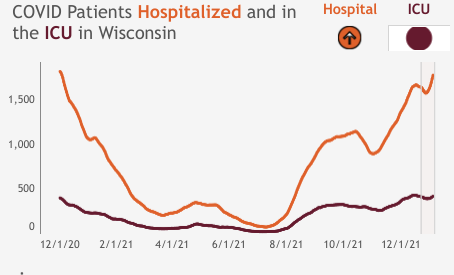
According to the Wisconsin Department of Health Services only about 62.2% of Wisconsin residents have at least one dose of the COVID 19 vaccine, and 47 out of 72 counties in Wisconsin have critically high disease activity. Vaccination is very important to reducing the severity of the outbreak, as well as staying cautious and masking properly. The public cannot become lax with these sanitary practices. By doing these things, people can help out healthcare workers.
Takeaway
Our healthcare workers and their families are put through a great deal of mental and physical stress during these uncertain times. These are people who risk their lives to help others and get by. Their worries extend beyond their jobs and into their homes, and COVID can very well be their worst nightmare. It is important that we do our part to help by getting vaccinated and continuing to exercise healthy practices like masking, social distancing, and sanitizing. We are all in this together, and the only way we can work towards normalcy is, together.































































